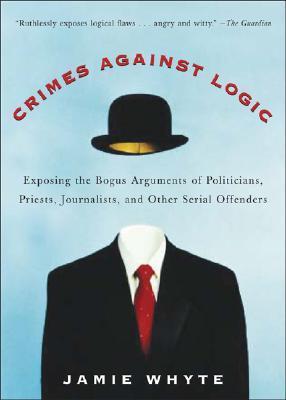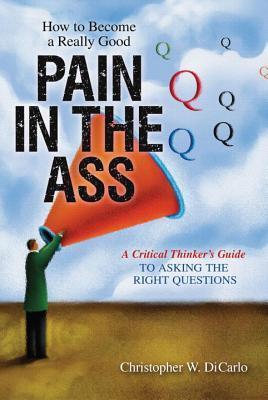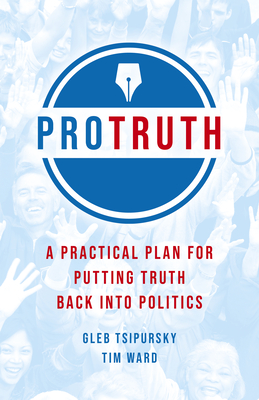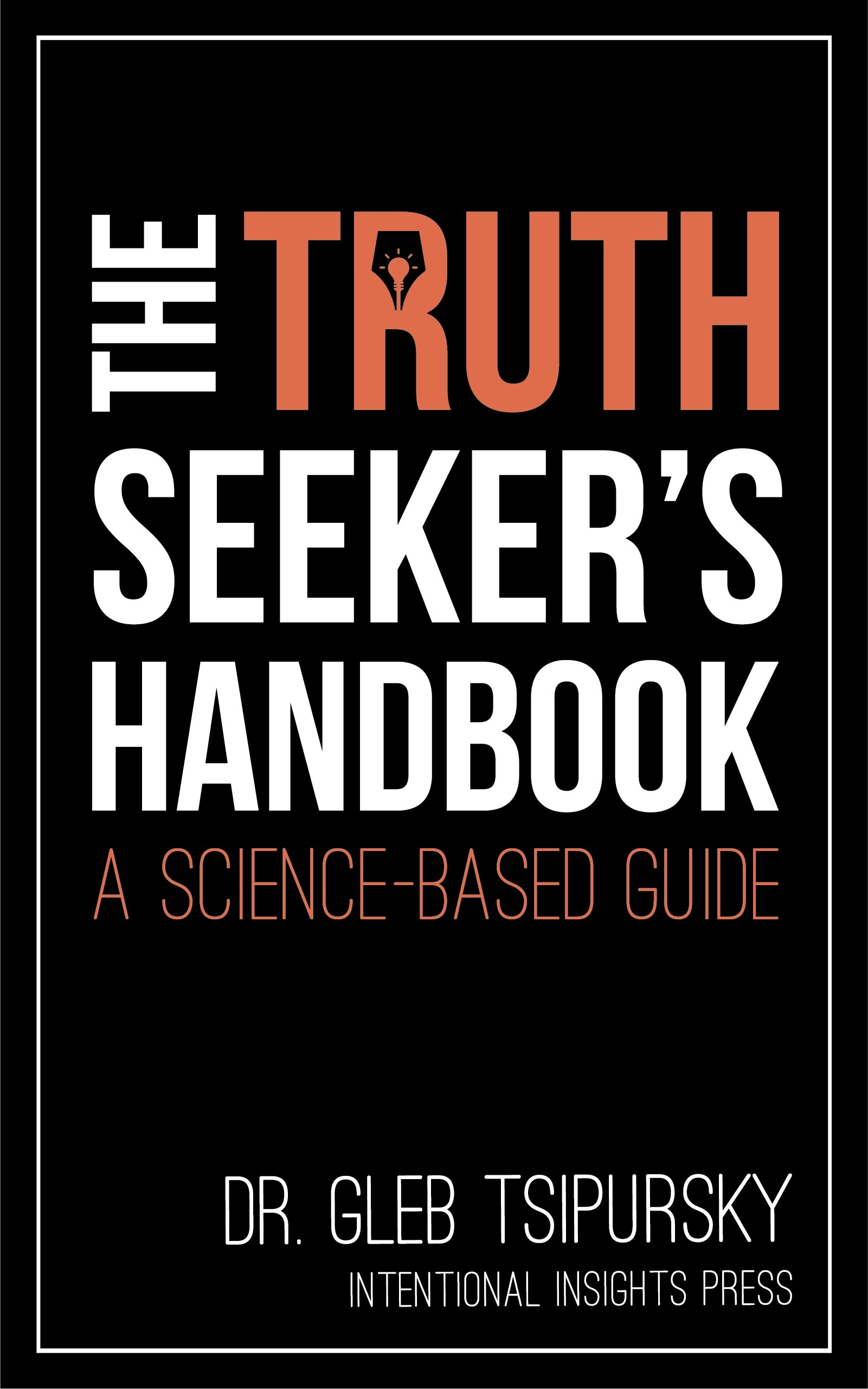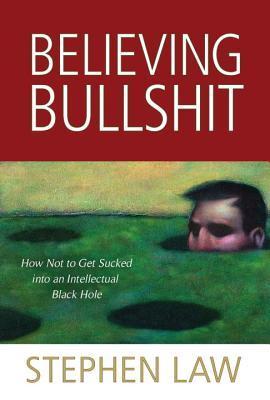
Believing Bullshit: How Not to Get Sucked into an Intellectual Black Hole
Book Description
A world teeming with misinformation and seductive falsehoods threatens to engulf even the sharpest minds. In "Believing Bullshit," Stephen Law slices through the fog of deception, exposing the mental traps that ensnare the unsuspecting. With razor-sharp wit and compelling arguments, he unravels the dark art of persuasion and the allure of irrational beliefs. Each page crackles with urgency, as readers navigate the treacherous landscape of critical thinking and intellectual integrity. How do you safeguard your mind against the seductive pull of nonsense before it drags you into an abyss of confusion?
Quick Book Summary
"Believing Bullshit" by Stephen Law is a clever, insightful guide to recognizing and resisting irrational beliefs. Law deftly uncovers the psychological tricks and reasoning errors that lure people into intellectual black holes—closed belief systems from which it is hard to escape. Through lucid examples, he illuminates the tactics used by ideologies, cults, and pseudosciences to shield themselves from scrutiny and perpetuate nonsense. Law's tone is both accessible and wry as he explains how everyday thinkers can hone their skepticism and detect bullshit, regardless of how persuasive or reassuring these beliefs may seem. The book is not just a manual for debunking pseudoscience and superstition, but also a thoughtful exploration of the human mind’s vulnerability to self-deception. Law encourages readers to adopt robust critical thinking tools and intellectual humility, empowering them to better navigate a reality crowded with misinformation.
Summary of Key Ideas
Table of Contents
Intellectual Black Holes and Their Traps
Stephen Law introduces readers to the metaphor of the 'intellectual black hole'—belief systems that are nearly impossible to escape once entered. He describes the characteristics that make certain ideologies, religions, and conspiracy theories especially seductive and resistant to outside critique. Law asserts that such systems often start with plausible ideas or emotionally appealing narratives but quickly transform into belief structures that actively repel skepticism and doubt, trapping adherents in a closed loop of self-justifying logic.
Psychological Mechanisms of Belief
He explores the psychological mechanisms by which people become ensnared. Cognitive biases, social pressure, and emotional needs are shown to play a powerful role. Law discusses confirmation bias, motivated reasoning, and the human tendency to seek patterns and meaning, even where none exist. These tendencies make individuals susceptible to the comforting certainties offered by pseudoscience, cults, and dogmatic religions, even when evidence contradicts their claims.
Immunizing Strategies and Self-Sealing Arguments
Law then delves into the strategies that 'intellectual black holes' use to defend themselves. Immunizing tactics, such as ad hoc explanations and vague appeals to mystery, create unfalsifiable beliefs that no amount of contrary evidence can touch. He also highlights 'playing the mystery card'—claiming profound truth behind ambiguities, and the 'going nuclear' move—suggesting all beliefs are equally unjustifiable, thus leveling the field and protecting nonsense from criticism.
Techniques for Critical Thinking and Skepticism
The book arms readers with reliable tools for critical thinking. Law emphasizes the value of intellectual humility, open-minded skepticism, and the careful evaluation of evidence. He shares practical advice for questioning assumptions, seeking disconfirming evidence, and refusing to accept evasive or circular arguments. By fostering habits of rational inquiry and skepticism, readers are less likely to be lured by seductive but empty beliefs.
Recognizing and Resisting Irrational Persuasion
Finally, Law encourages embracing uncertainty and complexity over simplistic or dogmatic answers. Rather than seeking absolute certainty or comfort, intellectually honest individuals should appreciate ambiguity and the provisional nature of knowledge. Law’s ultimate goal is to empower readers to guard their minds against bullshit by cultivating a vigilant, questioning mindset, and resisting the allure of intellectual black holes.
Download This Summary
Get a free PDF of this summary instantly — no email required.

